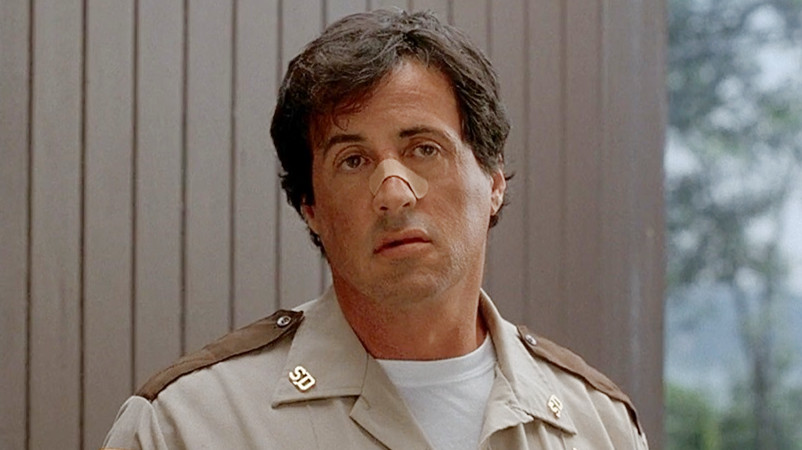
As one of the most prolific and best loved genres in film there is an overabundance of quality cinematic thrillers. Amongst so much competition it is easy to miss out on hidden gems. What is more there are so many flavours of suspense, tension, chase, twists and all the other ingredients that make a good thriller. There are also so many different combinations of genre, tone, and theme, as well as the expansive span of cinema history to choose from.
This list will endeavour to present a host of thrillers that for one reason or another are underseen and underappreciated. Some are from well-known directors whose more famous work in the genre overshadows these offerings. Others are more contemplative character-based thrillers which might be lost in the flashier action-packed alternatives. A few are genre hybrids that are sometime hard to categorise but are thrillers to their core. They are all worthy additions to perhaps the oldest cinematic genre, built to quicken an audience heartbeat and get them on the edge of their seat. A genre that thrills but also that makes you contemplate sticky moral conundrums and the darker side of human nature like no other. These thrillers although lesser-known offerings combine these elements seamlessly and deserve your attention.
1. This Gun for Hire (1942)
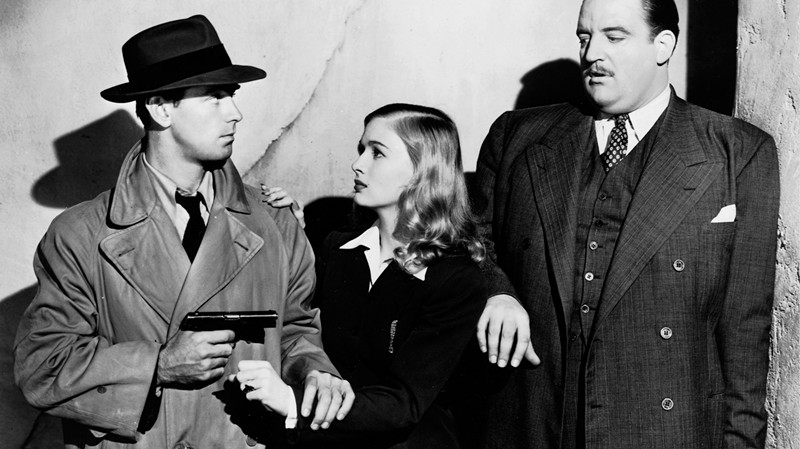
Somewhat lost in the noir canon of the 1940s, this film is historically notable for many reasons. It introduced actor Alan Ladd, and his cinematic paring with actress Veronica Lake. This Gun for Hire is lumped into that ambiguous genre but in many ways, it feels like a more traditional action thriller. It involves a killer on the run Raven, a damaged loner, and assassin for hire. Raven is out for revenge against the employers who double crossed him. Lake plays, Ellen, a more morally heroic version of the icy blonde femme fatale. She gets to be on the side of the angels or more accurately Uncle Sam, but not without losing her streetwise independence and sardonic wit.
Despite the patriotic overtones, this is a dark tale, with some surprisingly fetishist elements. Raven as played by Ladd is a prototype for the ritualistically perfectionist antihero. A figure that forms the basis of Jeff Costello in La Samourai and recurs in Hollywood cinema from Travis Bickle to Ryan Gosling’s The Driver. While Raven is really a supporting antagonistic character, he steals the show and stands as an icon of the thriller genre and the movies in general. An icon that shouldn’t be lost amongst a larger film history movement.
2. The Man Between (1953)
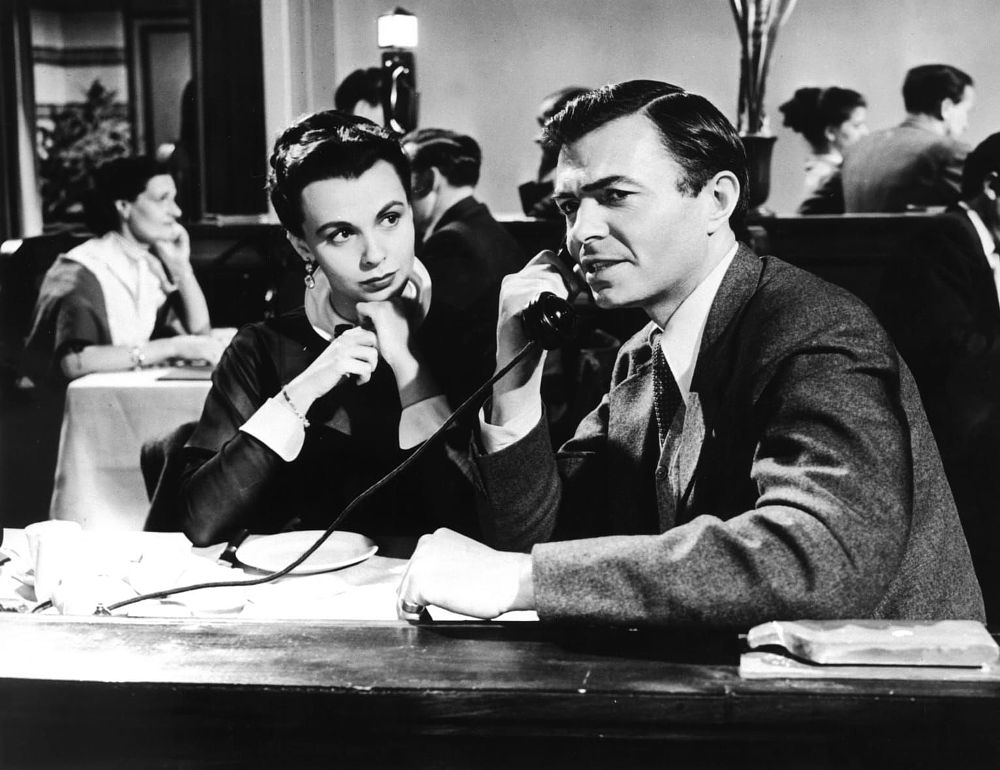
Coming after his two more famous political thrillers Odd Man Out and The Third Man Carol Reed made a worthy but underseen follow up in The Man Between. Once again, we are in a post-war European city this time a divided and flattened Berlin. Into this treacherous environment comes innocent British school teacher Susanne visiting her Army officer Brother and his mysterious German wife.
James Mason gives a usually mercurial performance as German Ivo, both exploiting the porous border between West and East and trapped between it. Much like the city Ivo carries the ghosts of a nation imprisoned by both the Nazi past and the cold war present. We get the usual intrigue of the spy thriller foreign agents in old style hats and coats, questioned loyalties, chases through shadowy streets. All shot in the familiar expressionistic lighting and skewed camera angles of the more famous The Third Man. However, A Man Between is a more sombre almost John Le Carré esque story about national identity and shame. As such it stands out as a foundational text in the cinematic cold war thriller.
3. Le Boucher (1970)
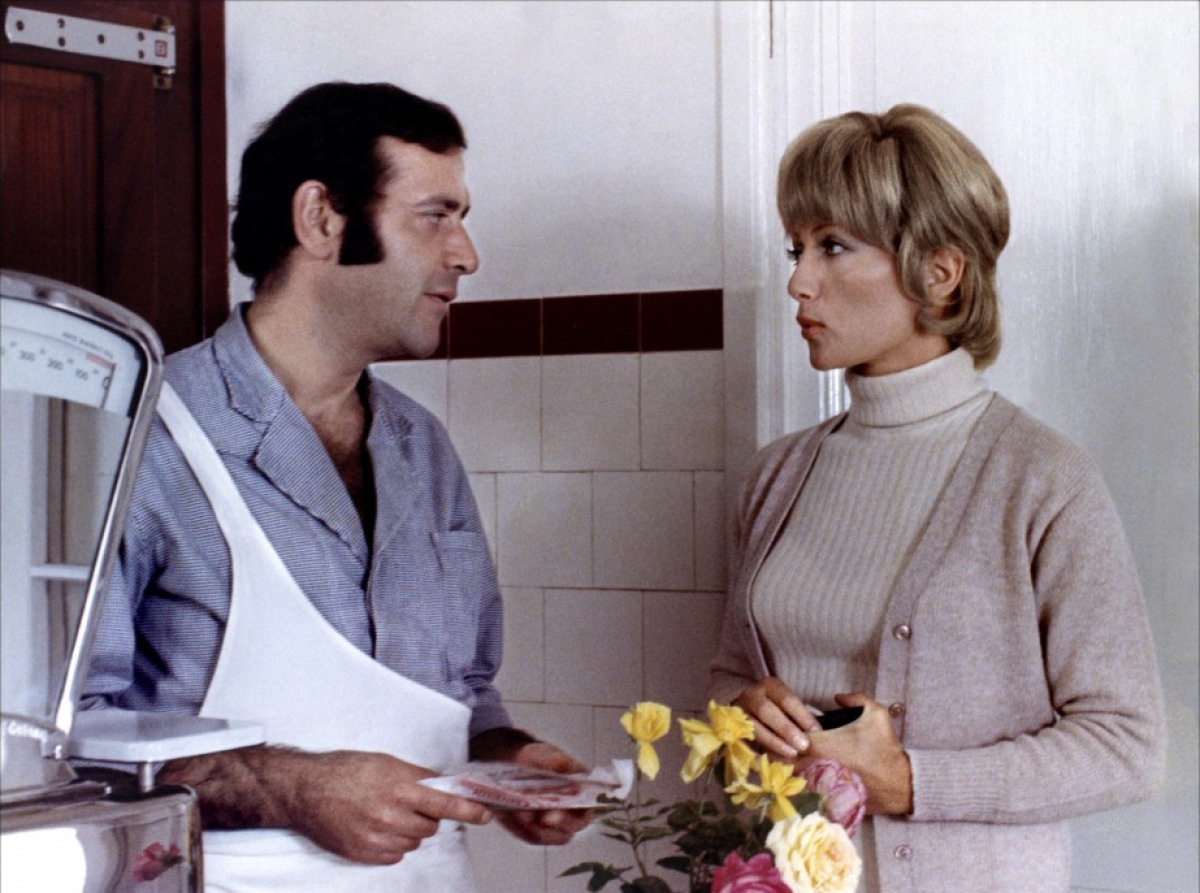
A psychological thriller with precise gallic cool, directed by the “French Hitchcock” Claude Chabrol. It is easy to see shades of Shadow of a Doubt and Notorious in this tale of murder and suspicion. True to his influence Claude Chabrol utilises the blonde hair of his heroine, the schoolteacher Hélène, fixing the camera on the back of her head on several occasions. This perhaps is also to represent her coolness, her rejection of desire in contrast to the Butcher of the title. On the other hand, his murderous compulsion is shown through the striking use of red. Red that appears subtlety throughout, as well as vividly on the bodies of the woman he has killed.
Like Shadow of a Doubt, it explores unexamined perversity lurking in an idyllic small-town setting. Likewise, it explores the fear that someone close to us might be capable of evil and how we can react with denial. What sets it apart though is the disturbing idea that perhaps these two lost souls might offer each other some sort of redemption. That they both provide relief for each other’s sexual peculiarities. As such Le Boucher feels like a bridge between the subtle perversity of old school phycological thrillers and the more extreme psychosexual cinematic forms that where emerging, a la Brian de Palma. Chabrol became a master of this new tradition, and he remains a criminally underseen director. Le Boucher is the perfect place to start.
4. Winter Kills (1979)
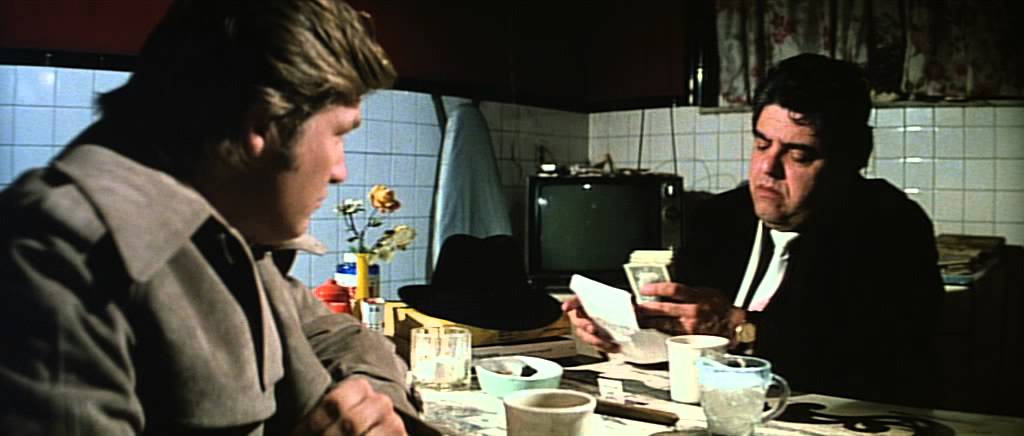
This satirical conspiracy thriller uses the Kennedy assassination as its inspiration with Kafkaesque results. Jeff Bridges stars as Nick the member of a Kennedy-esque dynasty, the Kegans, trying to uncover who killed his half-brother a JFK like President. John Houston not only carries his mantle from Chinatown of being the embodiment of corrupted evil he turns it up to eleven. This time as Winter the patriarch of the Kegan family, a lecherous, corrupt tycoon, with tentacles in every facet of American financial and political power.
Winter Kills was lost in the strong competition of 70s paranoid conspiracy thrillers. It is perhaps the final say on that genre and era of filmmaking. It is a satire on the very concept of conspiracy itself. Cranking up the absurdity and corruption of American political and capitalistic power to comically dizzying effect. Ironically in its exploration of dodgy mafia dealings and defence contracts it is quite faithful to conspiracies surrounding JFK’s own rise to power and relationship with his father. Even stranger the film had a very short cinematic run, with the filmmakers speculating that it might have displeased some powerful people. Top that, Oliver Stone.
5. Cutter’s Way (1981)
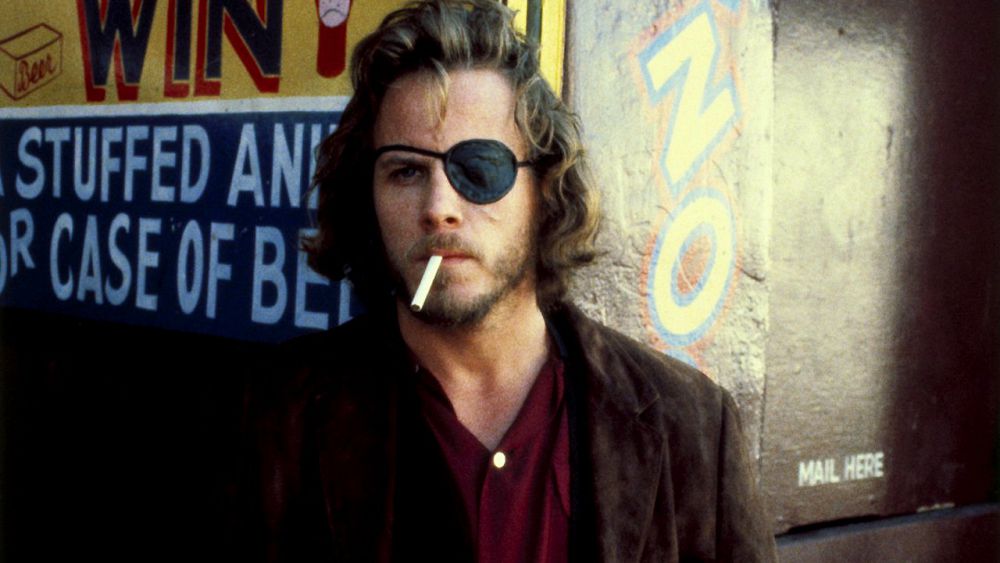
Jeff Bridges is at it again this time in a sunny Santa Barbara which is rotten to the core. Cutter’s Way comes at the beginning of those slick early 80s thrillers, (Body Heat came out in the same year). However, it feels like a throwback in its exploration of American corruption or perhaps a hangover from it.
It’s set in a world that is moving on from such countercultural freak-out, but our heroes haven’t quite got the message. Bridges is Bone, a charming but aimless gigolo who stews in alcoholic self-pity with abrasive disabled Vietnam veteran Alex Cutter and Cutter’s tragically despairing wife Mo. Their investigation of a murder involving an Oil tycoon brings up moral, political and interpersonal conflicts amongst these damaged friends.
This is a somewhat talky neo noir, a thriller of ideas and characters. For Cutter bringing down the murderer is a way of making a final stand against all those who think they can get away with it. Those who betrayed him to a life of disability and pain all for a greater political lie. His way of doing so leads to a thrilling climax and one of the most satisfyingly abrupt endings in cinema. It is a thriller that leaves you thinking about it long after it is over.